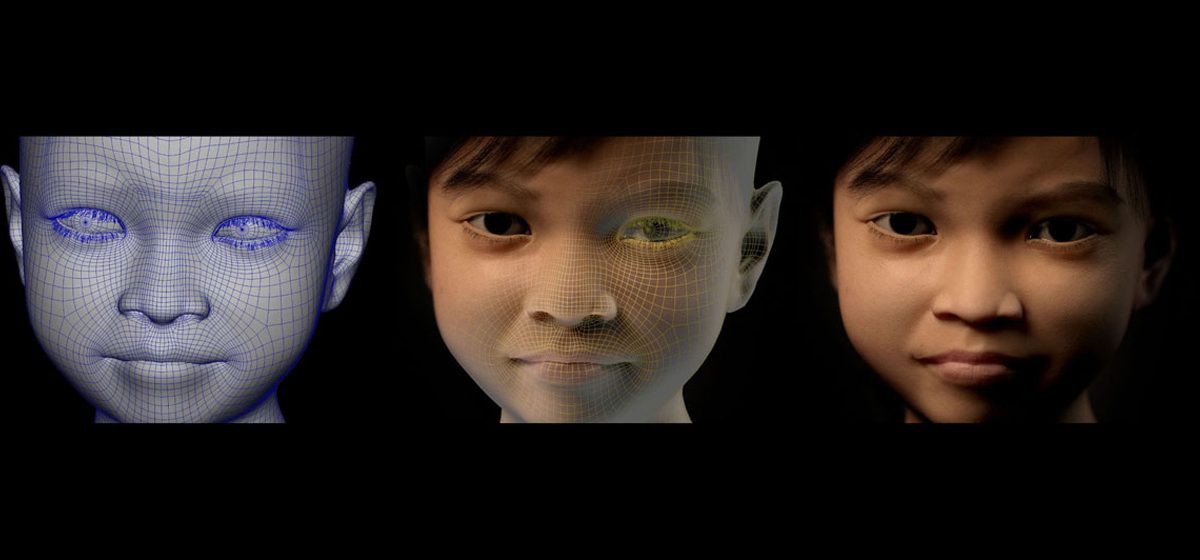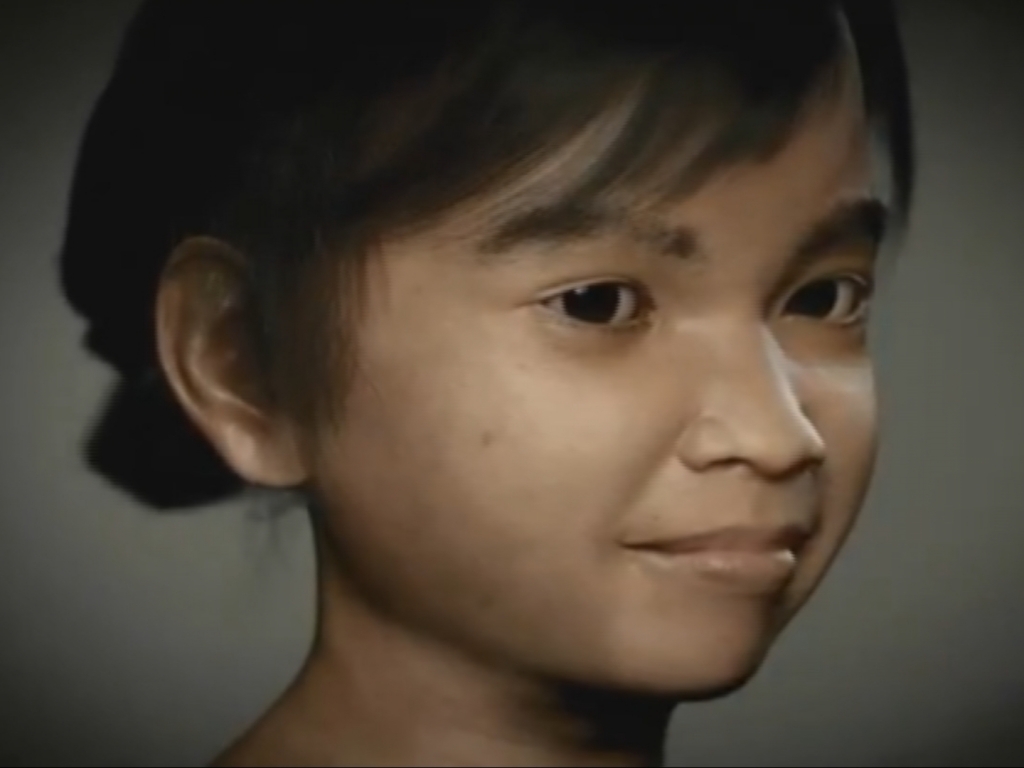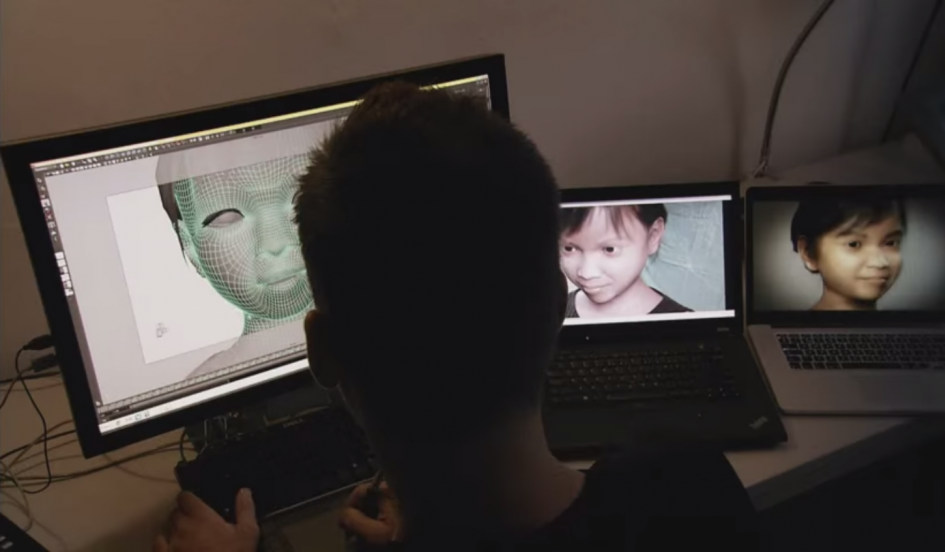According to VICE news, Terre des Hommes is a Dutch advocacy group that helps to catch child predators. They set up a computer generated 10-year-old girl named “Sweetie” and began corresponding with various people over the Internet.
Scott Robert Hansen, of Brisbane, Australia, was the first criminal caught by the fake profile, which looks like the profile of a young Filipina girl. After sending the girl a video of a sexual act, he was captured and arrested.
Since Terre des Hommes is a vigilante group, they don’t have to follow the same rules as law enforcement. The defendant or his lawyers would not be able to raise entrapment as a defense.
But it raises ethical questions as well. If Scott Robert Hansen wasn’t actually corresponding with a real girl, then does that mean he hasn’t committed a real crime? Was he baited unfairly to commit a crime?
The laws regarding these kinds of stings are very grey. It’s perfectly legal (in the United States anways) for individual corporations to set up stings meant to catch criminals. One good example cited by the VICE news article is the TV show To Catch a Predator. The show caught child predators attempting to meet up with a “fake” child. The evidence from the show was enough to get a conviction, and they also didn’t have to follow the same laws that are applied to law enforcement.
The whole thing reminds me a lot of the movie Minority Report, where criminals are captured before actually committing the crime. But it raises great ethical questions. Is it right to “circumvent” the laws by involving civilians? Can the police abuse this kind of power by making separate individual corporations to get around laws and regulations?
Source: VICE news
Written by Larry Vo


